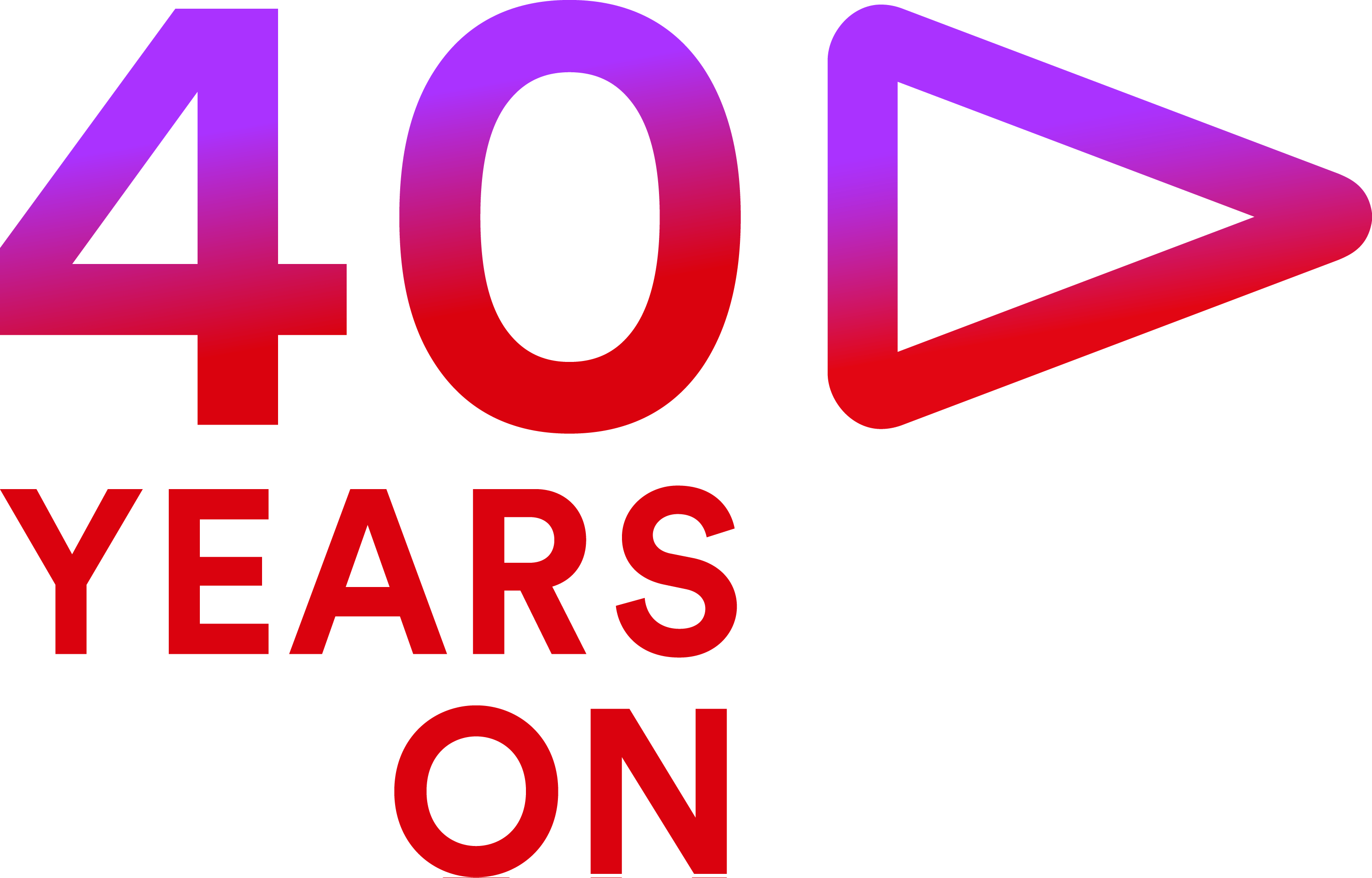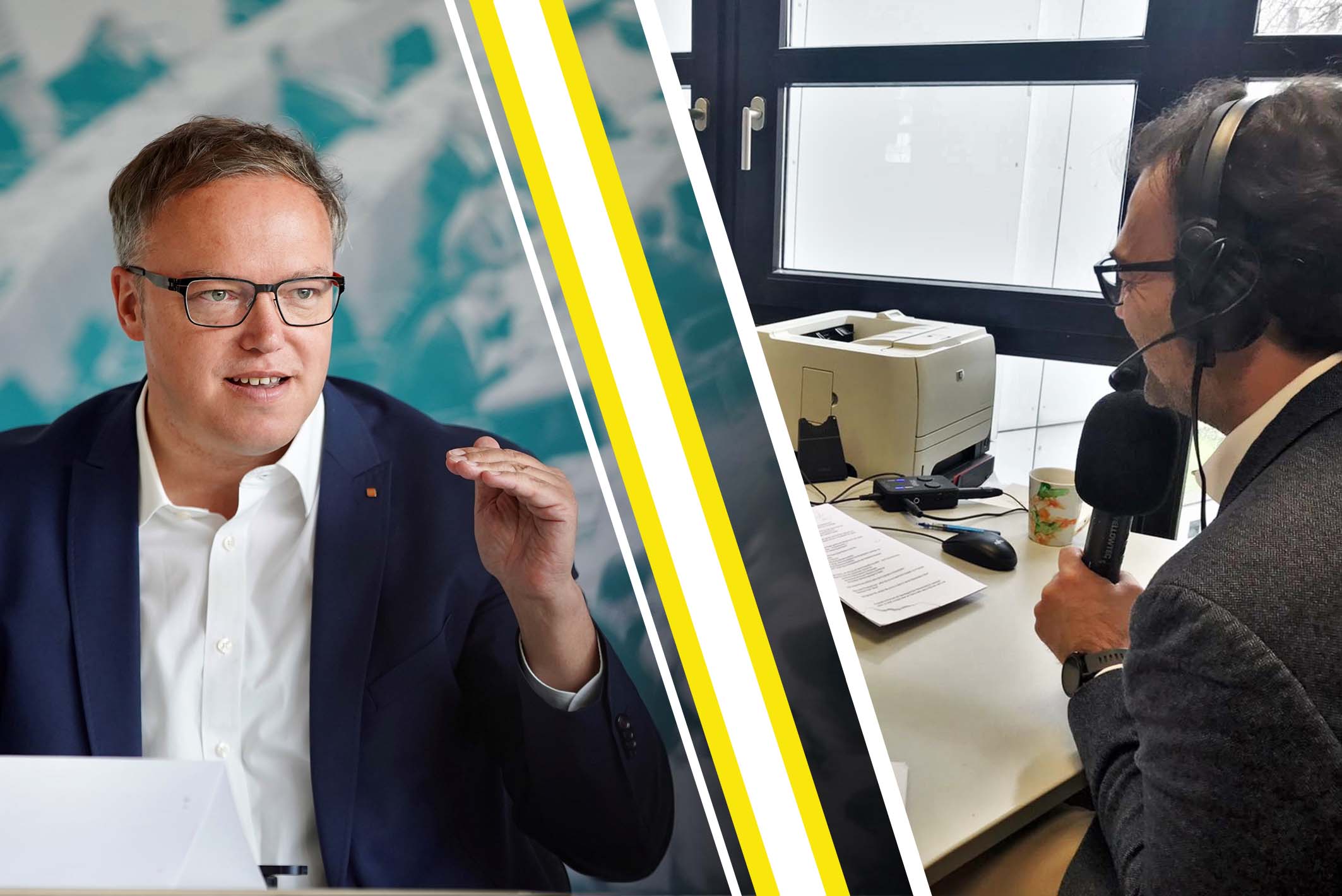Berlin, 7 December 2021 - The prospect of tomorrow’s cars not being fitted with a radio or some other form of audio system is inconceivable. If anything, the importance of high-quality in-car audio systems and radio/audio services looks set to rise. Linear radio will remain relevant, yet at the same time, the trend towards personalization, hybrid solutions, and the integration of additional devices and services will continue.
This will increase the need for cross-industry cooperation, especially to ensure the various services available on audio systems can be easily found. These are the key findings of the VAUNET study entitled ‘Fast Forward: The Future of In-Car Audio’ addressing the development of in-car infotainment over the next few years.
As digitalization progresses, cars are increasingly becoming mobile infotainment centres, making in-car audio systems an important factor in purchasing decisions. “The future of in-car infotainment is radio and audio. This offers huge potential for both the automotive industry and the radio and audio sector,” explains Dr Nina Gerhardt, Vice Chair of the Radio and Audio Services Division at VAUNET and Managing Director of RTL Radio Deutschland. “By stepping up cross-industry dialogue, we’ll be able to successfully harness these opportunities for both industries to jointly create additional value for customers.”
Findings in a nutshell: Linear radio to remain pivotal; significance of audio on demand as well as digital and internet radio to rise
The experts from the automotive and audio/radio industries who took part in structured interviews for the study are unanimous that audio and radio (especially linear radio) will remain the central elements of in-car infotainment. What’s more, the already very high importance of in-car audio will increase. In particular, as the relevance of digital and internet radio as well as audio on demand services rises, potential growth is especially high among younger target groups.
Greater personalization and more hybrid solutions
Another important future trend will be personalized and hybrid radio and audio services offering a blend of individual music and traditional broadcasting such as news and traffic reporting. In technical terms, the future will belong to hybrid radio combining broadcast and internet radio.
Greater integration and pairing of devices
The number of audio-capable devices that can be integrated and paired will keep growing. One reason for this is that Google and Apple will play an increasingly important role in radio and audio usage via paired smartphones as well as the close integration of their services into in-car systems.
Due to the increasing presence of global tech corporations in our cars as well as the increasing fragmentation of services, competition for in-car media time budgets will intensify. Data access and usage will become a key issue, as will the creation and availability of metadata structuring increasing amounts of data and also enabling new services and more usability. Particular attention will need to be paid to ensuring simple, non-discriminatory access to tomorrow’s numerous radio and audio services. Given this, all the experts interviewed see a mounting need to continue and expand collaboration between the automotive industry and the radio/audio sector.
Download of the study results:
Publication „VAUNET-Gesamtbericht InCar-Audio 2021“ (Switch-On & Fast Forward; in German)
About the study
For ‘Fast Forward’, interviews were conducted with eleven experts from the automotive industry as well as the audio and radio sector. In addition, the findings of the VAUNET study ‘Switch On: In-Car Audio Systems’ were taken into account. ‘Switch On’, which was carried out by the consultancy MHP Management- und IT-Beratung GmbH with the support of the Stuttgart-based Screens GmbH, examined infotainment systems in 24 current vehicle models.
Both VAUNET subprojects are part of the overall study ‘On Track – Audio and Mobility Studies’, which emerged last year from the industry dialogue on in-car audio at the initiative of LfM’s Journalism Lab. The research project is being carried out by the LfM Media Authority of North Rhine-Westphalia in conjunction with VAUNET, RTL Radio Deutschland and the Bavarian Media Network. Content support is being provided by radio NRW and Ford Germany.





